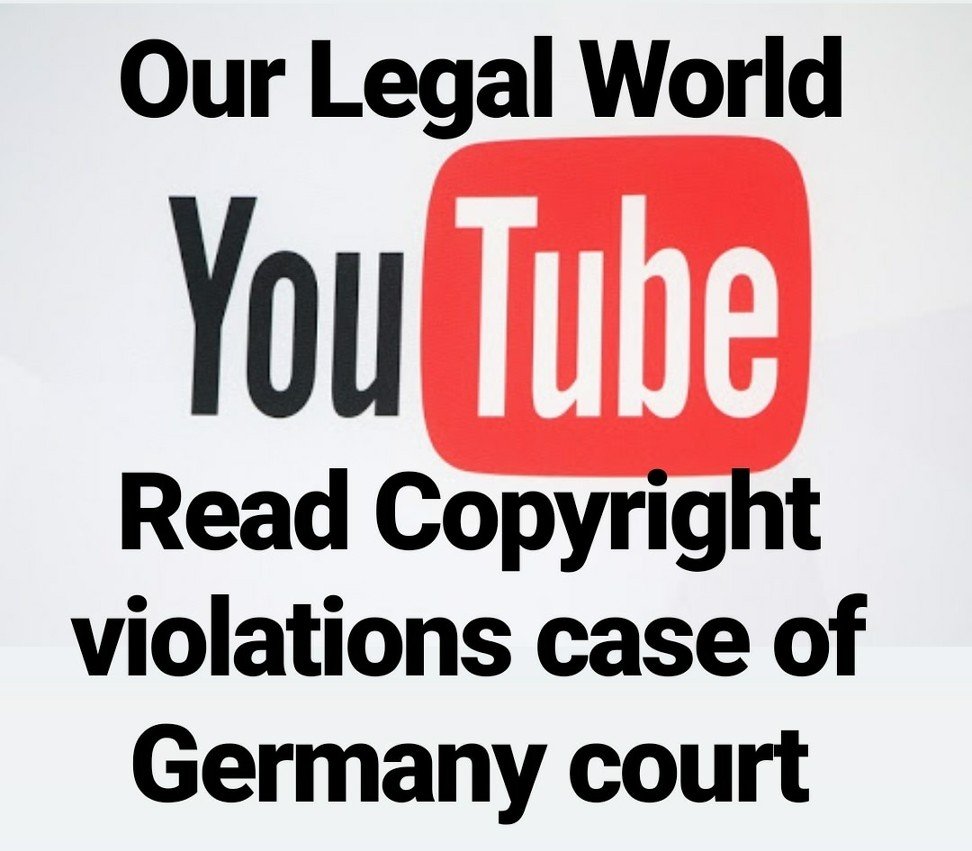Germany high court postpones YouTube Copyright case for EU interpretation
Germany’s highest court has postponed a decision on whether YouTube is liable for violations of intellectual property rights /copyright by video streaming platform in order to seek the opinion of European Union judges.
The plaintiff filed a lawsuit, which concerns illegally uploaded songs by the British singer Sarah Brightman, was brought by a music producer who has been quarreling with Google’s YouTube since 2008, seeking compensation not only from the uploader but also from the platform itself.
The Hamburg court ruled in 2015 that YouTube must make sure the Copyright rights violations resulting from illegal uploads are being stopped, but the court did not order YouTube to pay the producer any financial compensation.
- The platform receives advertising revenue and the process to upload a video is automatic and occurs without any review by the operator of the platform,
- The terms of use of the platform give the operator of the platform a worldwide, non-exclusive and royalty-free license to the videos,
- The terms of use include language that warns that copyright infringing uses may not be discontinued,
- The platform gives tools to allow those who own the rights to certain content to work toward blocking videos that infringe on their rights,
- The platform presents search results based on content-related categories and ranking of videos and allows users to customize recommended videos based on past viewing history
- And if the operator of the platform has no concrete knowledge that copyright infringing media is available and once that knowledge is confirmed, deletes the media or blocks access to it.”
Source: Jurist.org,




![Call for Campus Ambassadors by Our Legal World [2 Months; Virtual]: Apply by June 15](https://www.ourlegalworld.com/wp-content/uploads/2024/06/Logo-New-136x150.png)


